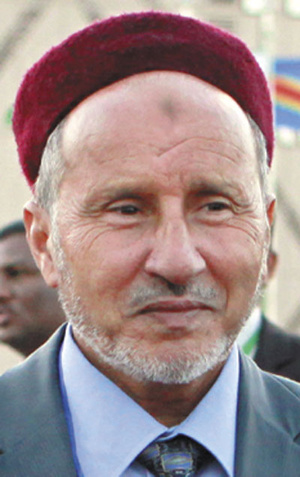When the Portuguese landed on the East African coastline in the late 1400s, they began building docks and trading posts. Centuries later, they established small colonies throughout the region that helped watch over the mining industry. Gold became very profitable for Portugal and as the profits increased, so did their influence in the region. By the 19th century, Portugal was fully invested in the region of East Africa. The people of the region were paid little, kept to manual labor jobs, and taxed heavily by the ruling Portuguese. This long reign of power over Mozambique created the strong nationalist movements that would ultimately lead Mozambique to its freedom.
In an act to gain freedom, a group of people met in Dar es Salaam and formed the Mozambique Liberation Front or FRELIMO. The conference involved exiled political figures from different nationalist groups. One of the members was Samora Machel.
The effect of the Portuguese on Machel was first felt while he was training to be a nurse. His farming village from when he was a kid was employed by white workers to build infrastructures. Many locals sought jobs in South Africa working in mines. Shortly after, Machel’s brother was killed in a mining accident.

Samora Machel, the first president of Mozambique
Machel started his anti-colonialism efforts while protesting the fact that black nurses were paid less than white nurse. He later left Lourenco Marques, the town the hospital was in, when he was informed by a hospital employee that he was being watched by the local Portuguese police. This led Machel to slip out of the country to join FRELIMO. On his way there, he jumped on a plane to from Batswana to Tanzania. The plane was carrying recruits for the African National Congress of South Africa and the senior official liked Machel so much he kicked a recruit off to make room for him.
At the FRELIMO conference, Machel volounteered to join the military service and was trained in guerilla warfare in Algeria. After completing his training, he became in charge of the FRELIMO camp in Tanzania. Machel quickly grew in the ranks with his success in gruella warfare and grueling conditions. He became first commander after the one before him was killed.
When the founder of FRELIMO, Eduardo Mondlane, was murdered, Machel, along with Rev Uria Samingo and poet Marcelino dos Santos all lead together.
Portugal increased their military force in the area to help stop any more rebellious acts. While they destroyed guerilla bases, little was actually destroyed since the bases were mostly huts. Machel shifted their attack to Cahora Bassa where the Portueguese were building a dam. The commander of the Portuguese army planned for this and set 3 outposts around the dam. Being the military genious that Machel had become, he attacked other parts of the Tete provinve and continued to move south and destroy railways. The people of the surrounding cities were upset that the military wasn’t doing enough to protect them.
Finally, a military uprising occurred in Portugal because of the anger of the spending and deaths occurring in their provinces. With almost no bloodshed, the government was overthrown. FRELIMO and the Portuguese military force in Mozambique worked out a deal that would lead to their freedom.
Samora Machel used the knowledge he gained when training in guerilla warfare to rise the ranks in FRELIMO to outfight and outsmart the Portuguese government. After they gained their freedom, Machel was named the first president of the country of Mozambique



